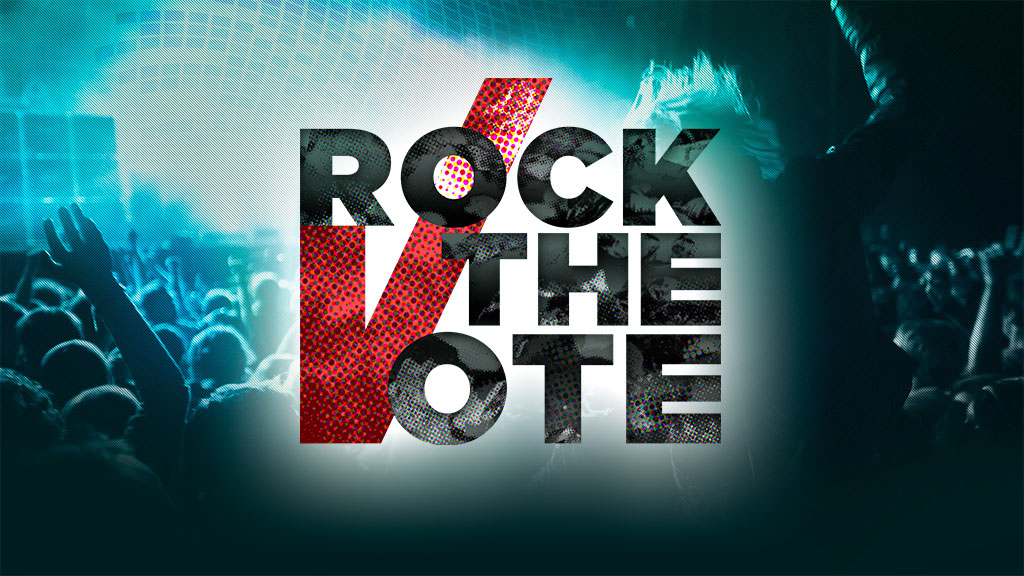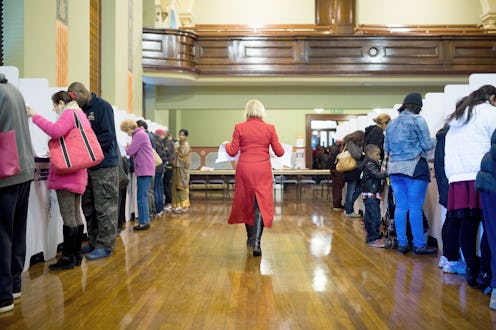News
Why I Hate The “Protest Vote” Label
Though I'm not nailing myself down completely, it is very likely that I'll be voting for a third-party candidate in the presidential election. But what I don't plan on doing is casting a "protest vote." Voting for anyone but a major-party candidate and "protest voting" are being conflated — including by Sen. Bernie Sanders, many of whose supporters can be expected to deny Clinton their votes against his wishes. And it's true that casting a third-party vote can be an act of protest against the Democratic and Republican options, but it's not necessarily nothing more than that. The phrase "protest vote" is problematic, when applied so generally, because it mischaracterizes what some of us are actually doing at the polls.
A protest vote is generally define negatively, as a vote against someone. Its purpose is to express dissatisfaction with the certain candidates on the ballot. And someone may vote for a third-party or independent candidate in this spirit. Interesting to note is that protest votes happen within major parties, too; in fact, in the most recent Pew poll, the number one reason people gave for supporting Trump is that he's not Clinton, and not being Trump was tied in first place with her experience as the reason given by Clinton supporters.
But some of us who cast votes for candidates without much chance of winning — basically, anyone not in a major party — do so in support of that candidate, a positive motivation. We're voting in affirmation of the set of policies that candidate speaks for and attesting to our vision of what the country should look like.
One could argue that, since we know (if we're realistic) that our candidate has virtually no shot at winning, essentially we are just casting a protest vote, since nothing comes of it but thumbing our noses at the major parties. But I disagree that this is necessarily the case. True, third party candidates haven't seemed to do much in recent history besides drum up fears and accusations of the "spoiler effect," but their impact could be more significant in a year with historically high unfavorability ratings for both the Democratic and the Republican candidates. And not just their impact on this election, but going forward especially. If more people vote third-party than usual (and they can do so while avoiding the "spoiler effect" with a system like Vote Pact), that message could be heard loud and clear by the major parties, which may be forced to do some soul-searching and revamping in the years ahead.

A high voter turnout for third parties could also get more people interested in them, since they would be more visible. And, importantly, it could motivate members of the public to work for measures that would provide third parties and independents with better prospects going forward, such as ranked-choice voting (at all levels of government) and reforming the winner-take-all Electoral College system. Those goals would certainly take time, but we need to start somewhere.
I understand that there are plenty of arguments against voting for third-party or independent candidates. There are always, and perhaps especially this year, questions of voter responsibility to take seriously. But what I'm asking people to consider is that many of us who choose to vote for third-party candidates do so because we view this election incredibly seriously. We're not just voting against major parties: we're voting for what we want to see and with the hope that we will move closer to actualizing it.
